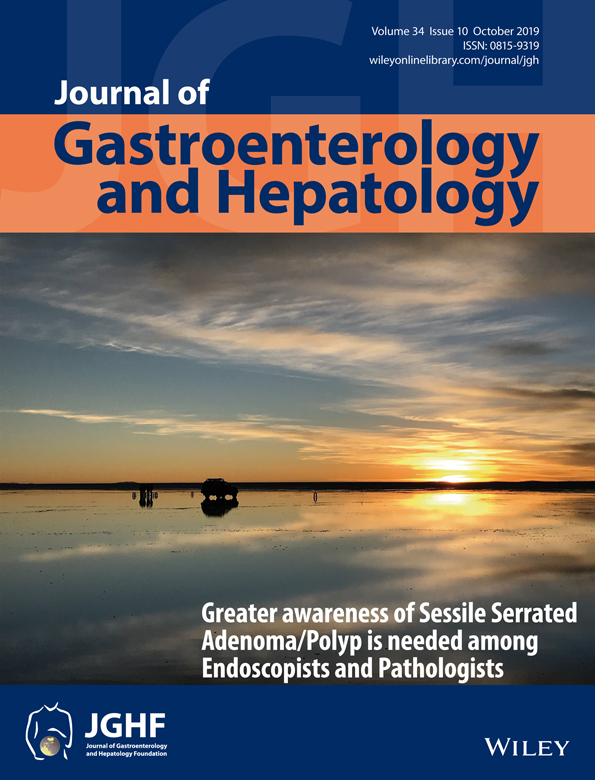Secreted protein acidic and rich in cysteine promotes epithelial–mesenchymal transition of hepatocellular carcinoma cells and acquisition of cancerstem cell phenotypes
Abstract
Background and Aim
Secreted protein acidic and rich in cysteine (SPARC) is a matricellular glycoprotein that plays a significant role in tumor development. SPARC has been indicated that promotes tumorigenesis, metastasis, and poor prognosis in prostate cancer and lung cancer. Therefore, we sought to investigate the molecular mechanisms of SPARC in regulating hepatocellular carcinoma (HCC).
Methods
We used spheroids cultured in serum-free culture medium to obtain liver cancer stem cells. Flow cytometric analysis was performed to investigate percentage of CD133+ cells in liver cancer cells. Real-time polymerase chain reaction and western blot were used to assess gene expression in cell lines. Transwell and wound healing assays were performed to indicate cell migration of HCC.
Results
Secreted protein acidic and rich in cysteine was upregulated in spheres formation in HCC cells. Overexpression of SPARC enhanced the ability to form tumor spheres and increased CD133 and Oct4 expressions. Besides, SPARC promoted the migration and epithelial–mesenchymal transition in HCC cells. Importantly, SPARC overexpression stimulated the formation of subcutaneous tumors in nude mice.
Conclusions
Our findings suggest that SPARC overexpression promotes tumor growth, inducing epithelial–mesenchymal transition and acquisition of a stem cell phenotype. What is more, research elucidating the biological mechanisms of SPARC may be beneficial to liver cancer treatment.




